TMJ TREATMENT

TMJ is a problem more than 60 million Americans currently have.
Many chewing difficulties are brought about when the muscle tissue in the jaw and temporomandibular joint are misaligned or out of position.
Research through the University of Pennsylvania School of Dental Medicine examined the presence of TMJ in 24 individuals.
The goal was to determine the number of sufferers referred to a neurology center for headaches where TMJ was the cause of pain.
They decided that 11 out of the 24 sufferers with headaches had TMJ. That percentage, nearly 50%, is regarded as a high percentage.
Therefore individuals who think they have this disorder should seek treatment from their dentist.
- Popping, clicking whenever yawning
- Excessive yawning as you try to adjust your jaw
- Severe headaches and/or migraines
- Lightheadedness
- Tenderness in jaw muscles
- Ringing ears
- Jaw occasionally locks up whenever yawning
- Spasm or cramps in the jaw region


What Causes TMJ?
The possible causes of TMJ disorder include:
- Excessive cartilage wear in the jaw joint
- A dislocation of the temporomandibular joint
- Clenching and grinding of the teeth
- A misaligned bite
- Inflammation as a result of arthritis
Better Teeth, Better Health
The most effective treatment deals with clenching teeth. You utilize many of the strongest muscles in your body whenever you clench your teeth.
The high-intensity contractions of those strong muscles cause pain in surrounding tissues, joints, and other muscles.
By simply decreasing the strength of the clenching by wearing a night splint, you're effectively lessening the cause of the discomfort.
Almost all dental treatment to treat malocclusion necessitates the employment of a splint or an oral device that temporarily alters the bite.

